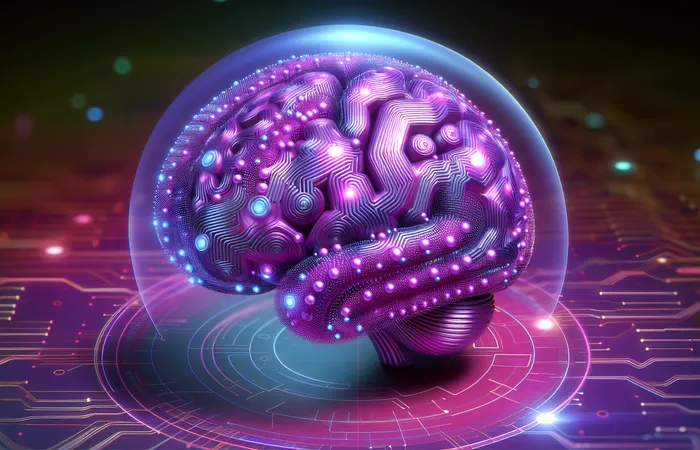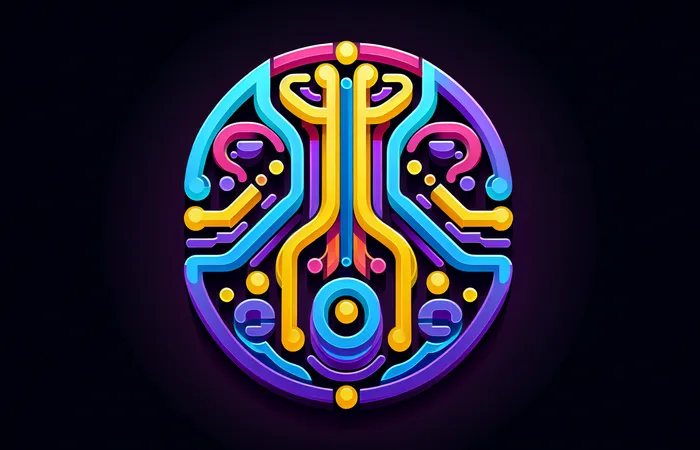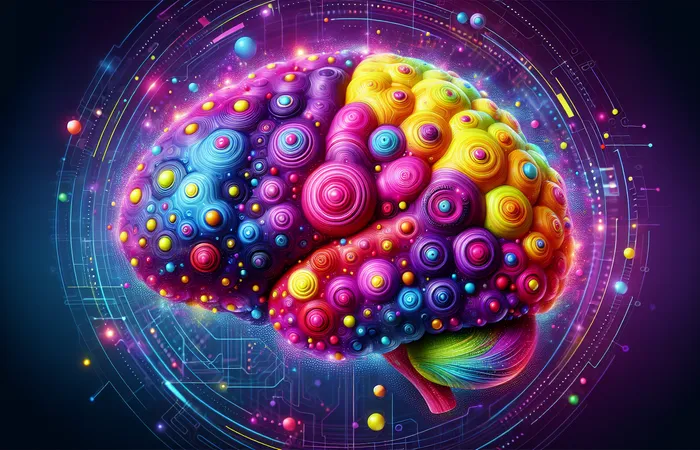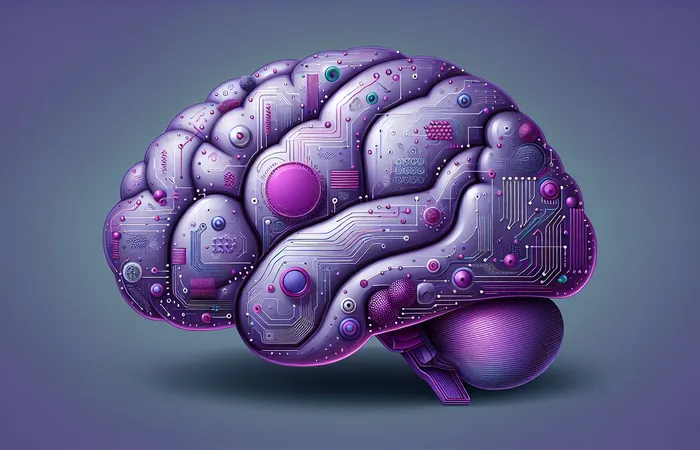Embracing AI in Professional Development Programs

Artificial Intelligence is becoming a cornerstone in professional development. Explore how AI-driven solutions can transform learning in corporations, enhancing skills, and fostering a thriving knowledge culture.
Introduction to AI in Professional Development
Artificial Intelligence (AI) is not just revolutionizing industries; it is reshaping how we approach professional development. The infusion of AI in learning culture aids organizations in creating more effective and personalized training programs. The impact of AI is profound in enhancing corporate training and boosting career development initiatives.
Organizations are increasingly recognizing the potential of AI in building a future-ready workforce. With AI, companies can tailor learning experiences, making them more interactive and engaging for employees. This transformation is critical, given the rapid changes and demands in the future of work.
The Role of AI in Personalized Learning
AI leverages data to create personalized learning paths, making it a game changer in career development. Algorithms can track and analyze an employee's progress, understanding strengths and areas that need improvement. This allows for a more targeted approach, ensuring every individual's unique learning needs are met.
The personalized learning experience not only enhances knowledge retention but also increases engagement. When employees receive information and training in formats and timelines that suit their preferences, their motivation to learn skyrockets. Moreover, personalized learning journeys help maintain a dynamic learning culture within the organization.
Enhancing Learning Efficiency and Impact
By deploying AI, companies can drastically increase the efficiency of their corporate training programs. AI tools can automate administrative tasks and facilitate the quicker dissemination of upskilling content. Additionally, AI applications in education can generate valuable insights through predictive analytics, anticipating the learning needs of the workforce.
Machine learning algorithms can identify trends and patterns that inform decisions on curriculum development, enabling training programs to stay relevant in a rapidly evolving job market. This proactive approach ensures that employees are equipped with the skills necessary for current and future challenges.
AI-driven Engagement and Interactivity
A critical challenge in remote work environments is maintaining engagement during training. AI addresses this by offering immersive learning experiences. Virtual reality (VR) and augmented reality (AR) technologies can provide simulations of real-world scenarios, allowing learners to apply their skills in a safe, controlled environment.
Furthermore, AI-driven chatbots and virtual assistants are available 24/7, providing learners with instant support and guidance. These tools are invaluable in maintaining ongoing interaction and helping resolve queries in real-time, thus fostering continuous engagement.
Overcoming Challenges and Ethical Considerations
While AI represents tremendous opportunities for professional development, it's essential to navigate challenges thoughtfully. Concerns around data privacy and the ethical use of AI tools are paramount. Organizations must establish robust policies that safeguard employee information and promote transparency.
Another crucial factor is the potential for AI to unintentionally reinforce existing biases. Algorithms can perpetuate inequalities if not carefully designed and monitored. It's essential for organizations to ensure that AI solutions are fair and inclusive, promoting diversity in learning opportunities.
Future Directions and Innovations in AI Learning
The future of work is inextricably tied to continuous learning and upskilling. As AI technologies evolve, they will play a more significant role in facilitating career development and enhancing human potential. Emerging AI solutions such as adaptive learning systems and emotion-recognition software could further transform the landscape of professional development.
These innovations promise a future where learning is not only more efficient and impactful but also tailor-made for the individual. This approach reflects a paradigm shift in how organizations view human capital. It emphasizes the importance of investing in people development as a strategic priority.
Conclusion
Embracing AI in professional development programs is no longer optional but a necessity for organizations aiming to thrive in a competitive landscape. The integration of AI into learning solutions offers unprecedented opportunities for enhancing training efficiency, personalizing educational experiences, and preparing employees for the future.
As companies adapt to this new reality, they must remain mindful of the ethical implications and strive to create an inclusive, secure learning environment. A strategic focus on AI-driven professional development will equip employees with the skills they need to succeed, fostering a resilient workforce that can navigate the complexities of tomorrow's workplace.



